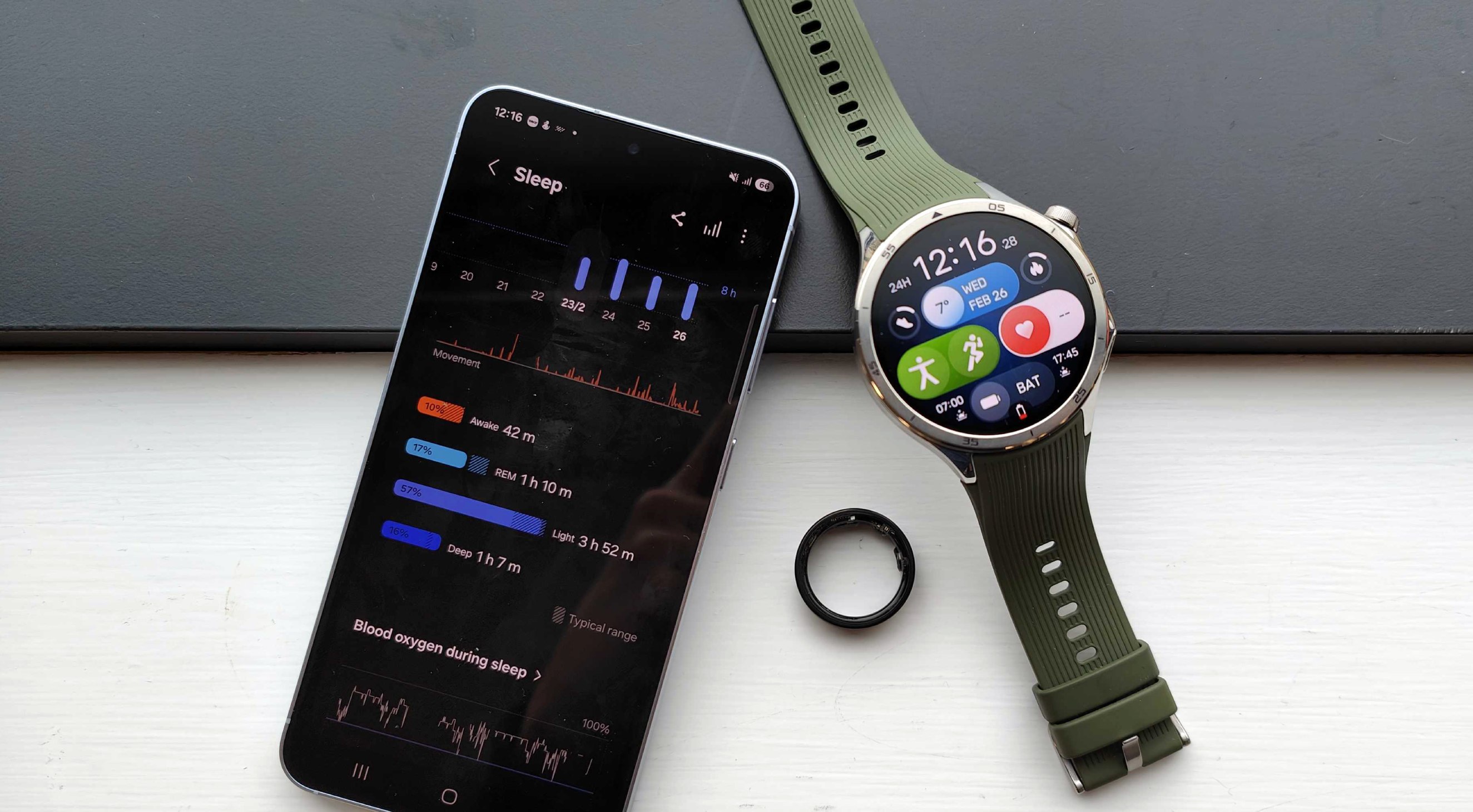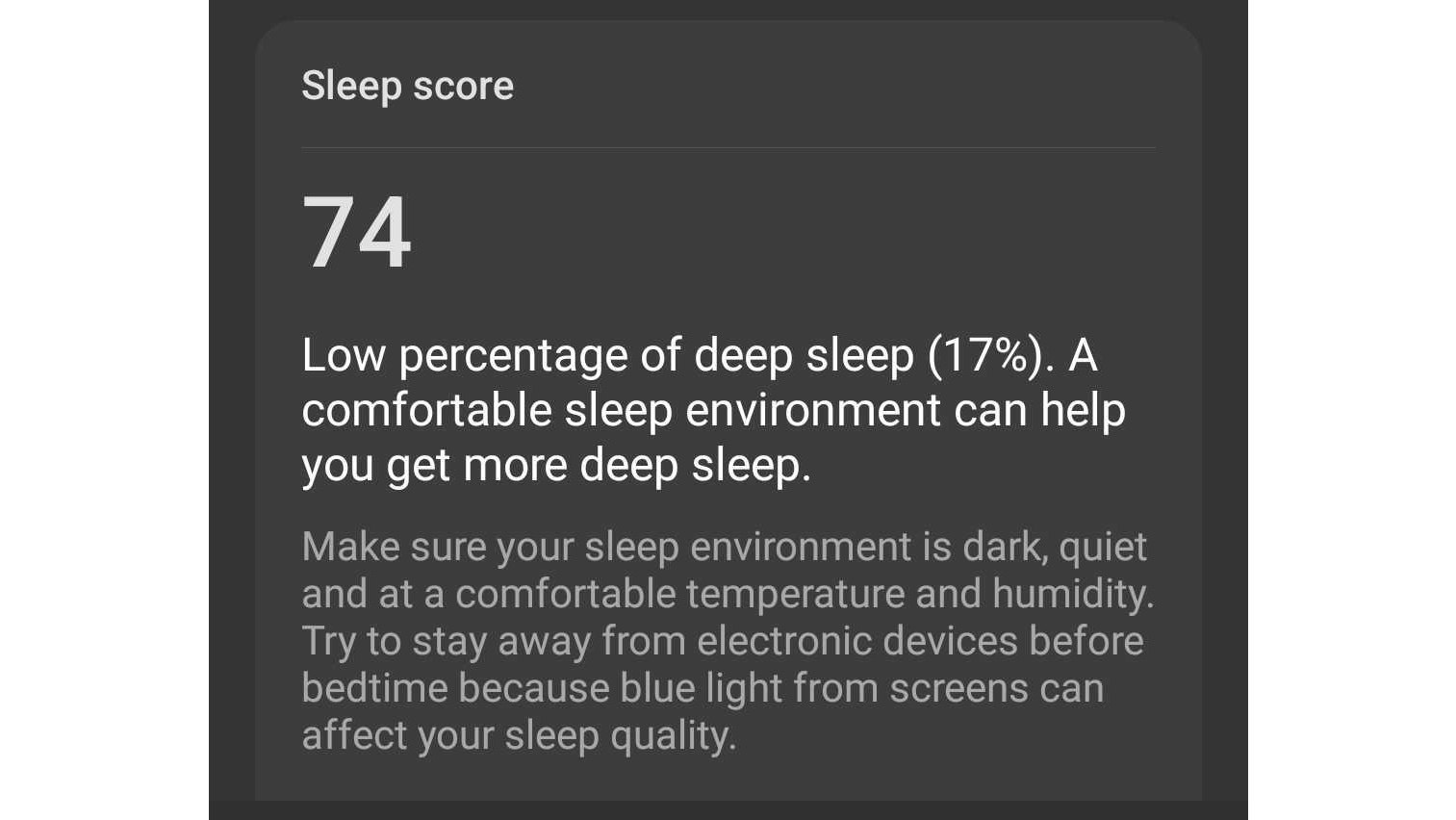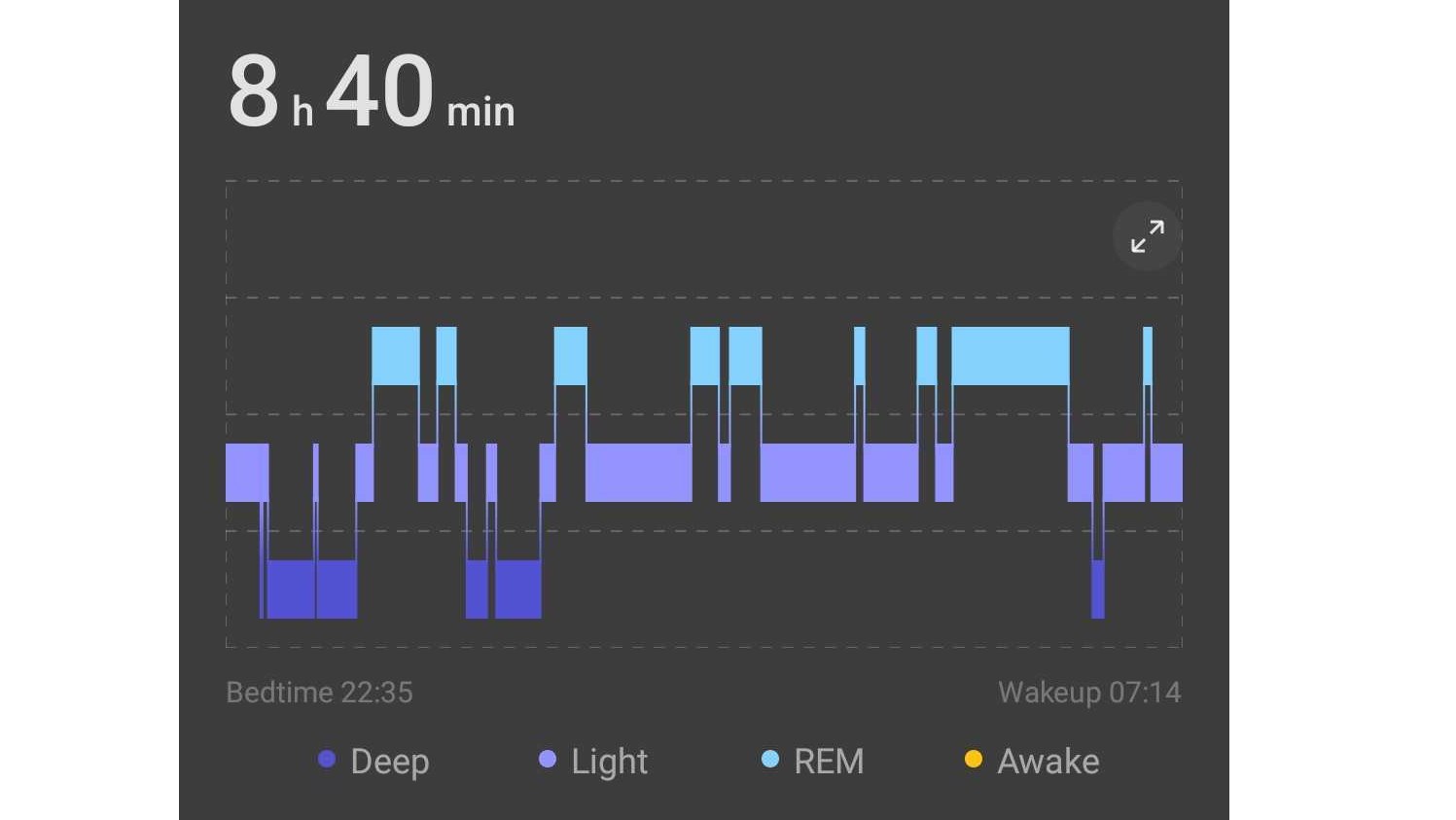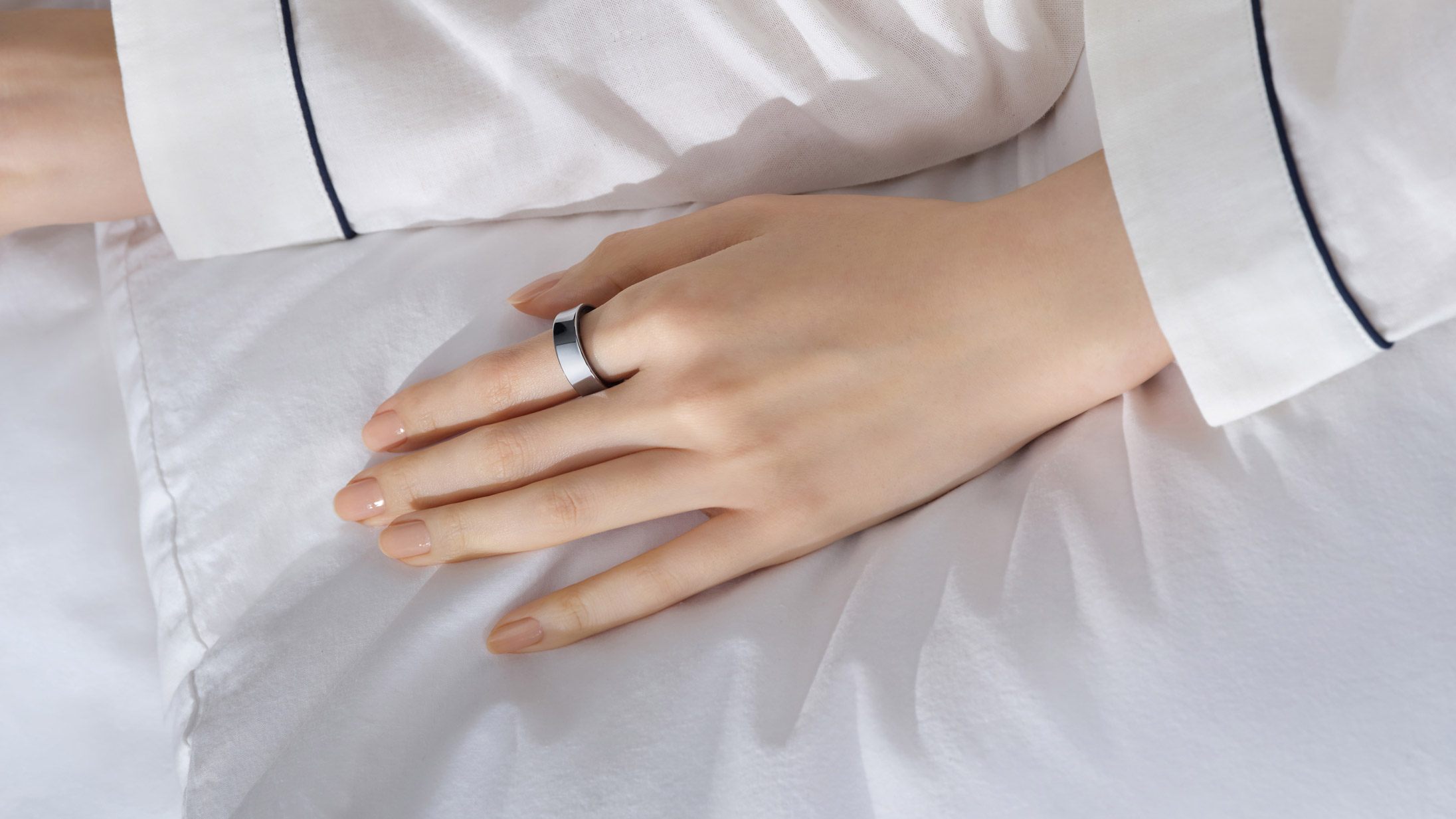I tested the OnePlus Watch 3's sleep tracking powers against our top smart ring – and it didn't measure up
It's OnePlus Watch 3 vs Samsung Galaxy Ring

The OnePlus Watch 3 is arriving in April, and I’ve already named it one of the best Android smartwatches of 2025. It’s got 120 hours of battery life, solid workout tracking and a beautiful classic design, alongside all the usual WearOS 5 smarts. However, I did notice a couple of potential errors in its sleep tracking capabilities, when tested alongside one of the best smart rings.
I awarded the Samsung Galaxy Ring an impressive 4.5 stars in our review, putting it neck-and-neck with the Oura Ring 4 as the top smart ring of last year. It’s also top of our best sleep tracker list, meaning there’s no better device to test the OnePlus Watch 3’s sleep tracking credentials against.
I wore the Samsung Galaxy Ring and the OnePlus across several nights, comparing the accuracy of their tracking (whether they got the same sleep stage information) and the interpretation of the data they collected. Here’s what happened.
Sleep score & sleep stage differences
During my OnePlus Watch 3 review, I mentioned that during a night’s sleep tracking, both devices recorded very similar sleep patterns, closely matching the times spent in light, deep, REM sleep and wakefulness. Below, you can see a table of the results:
Sleep stages | Samsung Galaxy Ring | OnePlus Watch 3 |
Awake | 7m | 0m |
Light sleep | 4hrs 30m | 4hrs 26m |
Deep sleep | 1hr 18m | 1hr 28m |
REM sleep | 2hrs 42m | 2hrs 46m |
Pretty close, right? I was certainly satisfied with the accuracy of the OnePlus’ sleep stage recording. Where the issues began was in the interpretation of that data: Samsung gave me an ‘excellent’ sleep score of 97, indicating optimum restfulness, while OnePlus only gave me 74. What gives?
OnePlus seemed to think that I got a low percentage of deep sleep, at just 17%, as you can see in the screenshots below. However, research tells us this is perfectly adequate; the medically-reviewed Sleep Foundation website states that up to 20% of our sleep time should be spent in deep (or ‘slow-wave’ sleep) indicating that 17% figure is perfectly normal.


Intrigued, I went backwards to the previous night’s sleep to see if there were further discrepancies between the ring and the watch. A shorter, more disturbed sleep, but the Samsung Galaxy Ring managed a ‘good’ score of 84 against a pretty dismal 54 by the OnePlus.
Get daily insight, inspiration and deals in your inbox
Sign up for breaking news, reviews, opinion, top tech deals, and more.
Looking closer at the stats, the OnePlus thinks I was awake for a whole two hours during the night, compared to the more accurate 42 minutes recorded by the Samsung Galaxy Ring. Here's how the sleep stages looked this time:
Sleep stages | Samsung Galaxy Ring | OnePlus Watch 3 |
Awake | 40m | 2hrs 1m |
Light sleep | 3h 52m | 2hrs 26m |
Deep sleep | 1hr 7m | 40m |
REM sleep | 1hr 10m | 1hr 38mm |
Clearly, there are massive differences here.
Not a good night

Based on my own anecdotal experiences of my wakefulness times, the available research, and the fact that many smart rings tend to be better than smartwatches at sleep tracking (we chronicled exactly why in our smart rings vs smartwatches guide) I feel comfortable saying I trust the Samsung Galaxy Ring’s readings over the OnePlus Watch 3.
It’s unfortunate, because the OnePlus Watch 3 is so good in so many ways, but it’s clear based on my (very unscientific) tests that its sleep tracking does need a bit of work. It’s also big and heavy, so far from the most comfortable thing to wear to bed – a far cry from Samsung’s unobtrusive 5g ring.
You might also like:

Matt is TechRadar's expert on all things fitness, wellness and wearable tech.
A former staffer at Men's Health, he holds a Master's Degree in journalism from Cardiff and has written for brands like Runner's World, Women's Health, Men's Fitness, LiveScience and Fit&Well on everything fitness tech, exercise, nutrition and mental wellbeing.
Matt's a keen runner, ex-kickboxer, not averse to the odd yoga flow, and insists everyone should stretch every morning. When he’s not training or writing about health and fitness, he can be found reading doorstop-thick fantasy books with lots of fictional maps in them.
You must confirm your public display name before commenting
Please logout and then login again, you will then be prompted to enter your display name.